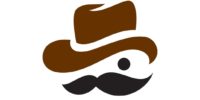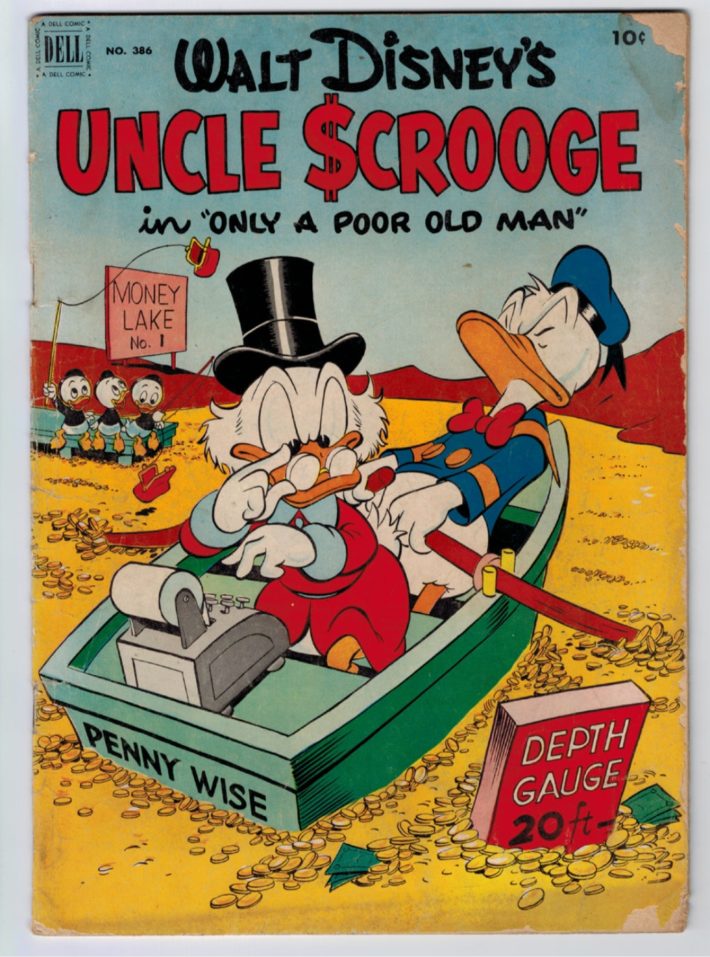What makes an artist interesting? Is it art? Writing? Their ability to drown in alcohol while they create their work? I don’t know. But there’s a man who shunned all of this before Hunter S. Thompson even sharpened his first pencil. And I doubt you even know his name.
Everybody loves Disney, right? The great evil empire of mice, ducks, Avengers and jedis. Oh, and also Fox now. Damn, Disney runs the world. Okay, let’s talk about older Disney.
In the classic era, the men behind the scenes were often the real heroes. Everyone clearly knows Walt and his creation of Mickey, Goofy, and Donald. Snow White, Bambi, and Lady and the Tramp. Great stuff.
But there were more people working on these masterpieces that you don’t hear about unless you’re a nerd like me. Who wants to be a nerd like me? I see some hands raised!
Animators like Frank Thomas and Ollie Johnston were giants of their era. Animating things like Cinderella’s cruel stepmother and Prince John in Robin Hood, they were coined as part of the “Nine Old Men” that Disney himself treasured as the animators who made his visions into reality. They were legendary. But there was another guy with a little less exposure than all of these greats.
He was an animator out there who mostly just worked on the short cartoons of Mickey Mouse and Donald Duck. He was going deaf and he had a cynical view of society. He busted brains and feathertail to get where he was. In short, this man, Carl Barks, worked his arse off.
Barks loved to draw from a very young age. He loved all of it. The “Good Duck Artist,” as he became known during the era of comic anonymity, was born in 1901, and did just about every trade under the sun before he got into animation. He farmed, he worked with mules, he cut wood, and he even played cowboy during the earliest of his 99 years. Yes, he was alive in 2000.
But then he got into Disney animation, and he found his passion. He helped to create three young ducks named Huey, Dewey and Louie for the cartoons about Donald’s nephews. But that wasn’t where he would make his most glorious legacy: he was going to move onto comic books!
Damn, now doesn’t that sound so intriguing? No? Oh, but it was. He took the Donald Duck of Disney and changed him from an unintelligible, hot-tempered butt of a joke — into a sympathetic, hard-lucked parent who readers would root for. He wasn’t dumb most of the time — he simply never got the breaks. And that was something autobiographical that Barks inserted into this character. He made him real, and he even made his triplet nephews brilliant (and occasionally bratty) to incorporate the next generation’s influence and balance that was often scoffed at during that period.
But that wasn’t enough, was it? As it happened, I grew up a fan of Barks’ reprinted comics from the 40’s, 50’s and 60’s because I loved the show Ducktales as a child. It was inspired by Barks with a very specific focus.
You see, Carl Barks is the man who created Uncle Scrooge McDuck. And his inventor friend Gyro. And the burgling Beagle Boys. Lucky Gladstone Gander. Magica DeSpell and Flintheart Glomgold. Even Duckburg itself is a Barks creation.
This man invented a legacy — and nobody knows who he is! Forget that he helped to develop Huey, Dewey and Louie at the studio — he penned Scrooge from the get-go. Carl Barks pioneered a legend in the Disney universe, and he based him on moral and economic tropes! And how many times have you heard his name until right now?
Scrooge is a brilliant character because he embodies the American dream: he worked his tail off to find wealth in a capitalist society. He’s the embodiment of the modern business mogul.
Or is he? He’s also a morally-driven man (duck) with principle and ethical backbone. He will never do something that double-crosses his beloved family for the sake of his wealth, which is what he insincerely claims is his sole passion and obsession. Bah humbug!
But no, Scrooge is all talk and not cold-hearted at all, even when he falsely fronts that way to his loved ones (he reminds me of myself). And Barks wrote him the way that we all should be written: working for your success, but never stepping on anyone on the way up. And if possible, we try to keep our philanthropy to ourselves, because nobody likes a braggart.
I’ve looked up to Barks my whole life. His entire collection is being reprinted in collections by Fantagraphics if you are interested. The work is brilliant and also quite funny. I recommend it for all children, as it helped to shape me into the man I am today. There’s just an abundance of history, geography, humor, and ethics sewn into those pages.
So for today only, perhaps I’ve got fewer jokes. Maybe I’ll save those for Barks. He’s much better at this than I am. And without him, I’m not even sure who I’d be. Carl Barks is a legend, and if I ever attain a sample size of his brilliance, I’ll sleep happy somewhere.

